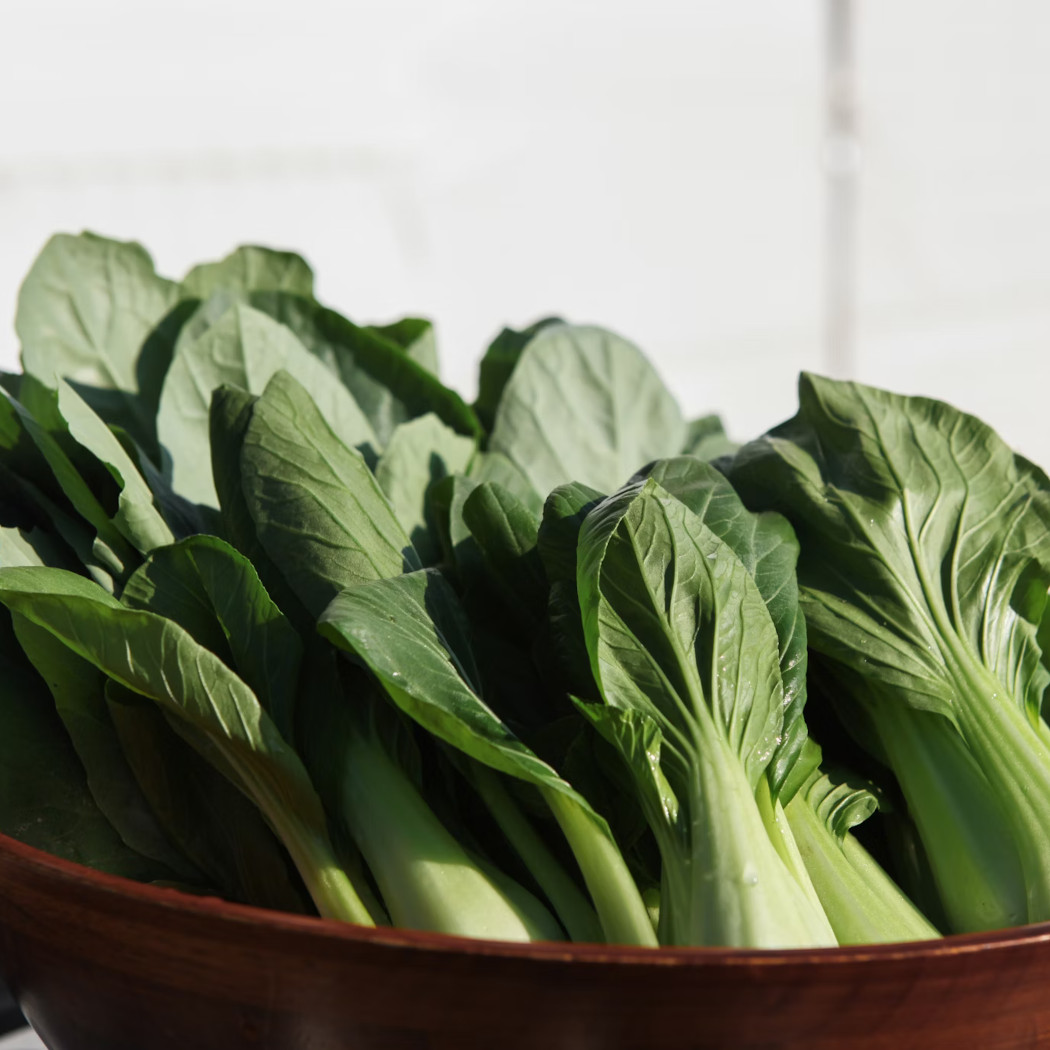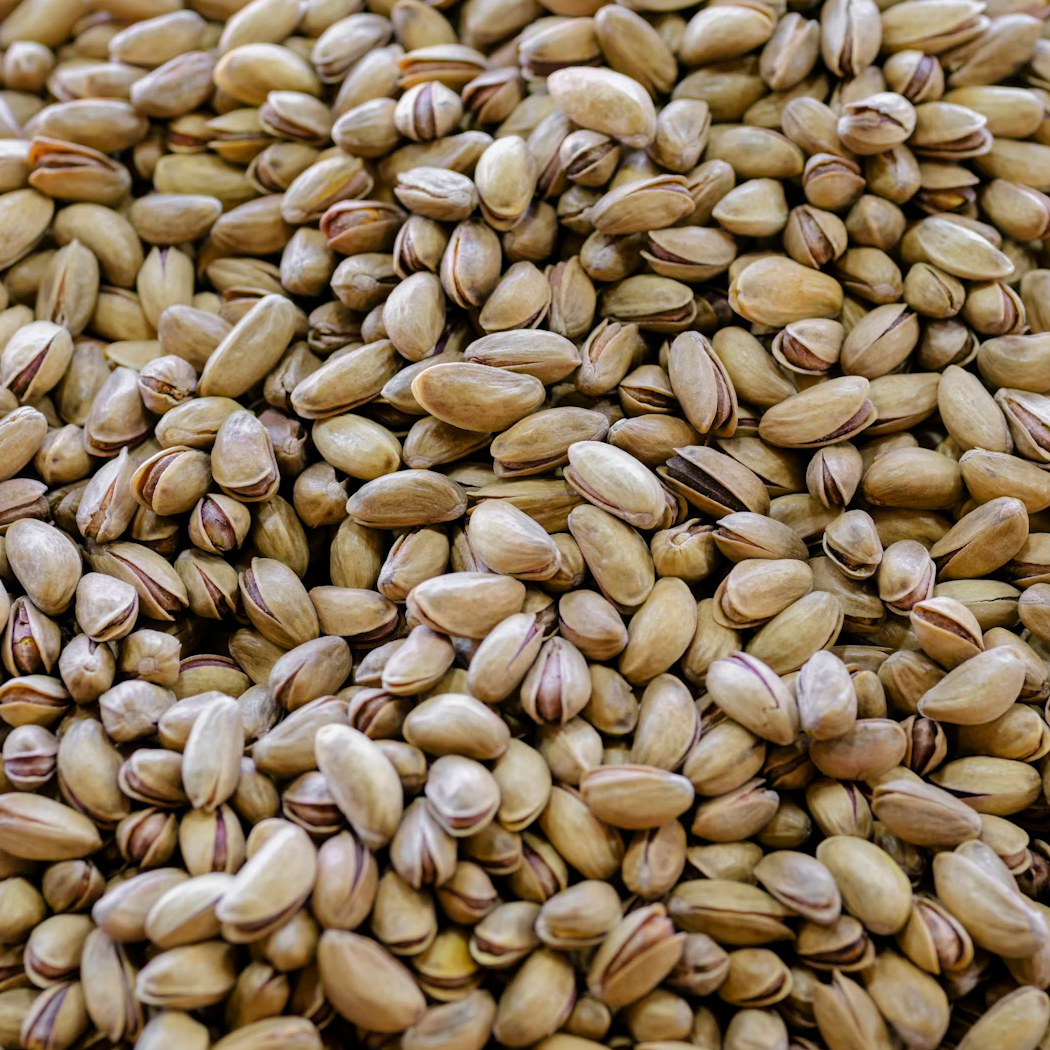
Garden of Vegan knows all about Powerhouse Fruits and Vegetables.
Powerhouse Fruits and Vegetables? What is this?
Powerhouse fruits and vegetables (PFV) are those foods most strongly associated with reduced chronic disease risk. It's a classification scheme defining PFV as foods providing, on average, 10% or more daily value per 100 kcal of 17 qualifying nutrients.1 By nutrients, the CDC examined the nutrient densities in foods based on 17 nutrients of public health importance per the Food and Agriculture Organization of the United Nations and Institute of Medicine. Specifically, those foods were analyzed for potassium, fiber, protein, calcium, iron, thiamin, riboflavin, niacin, folate, zinc, and vitamins A, B6, B12, C, D, E, and K.1
To simplify this, PFV is about healthy, nutrient-dense food and how to classify those foods as compared to other nutrient-dense food. Still confused? It's a list to help us choose the healthiest food around!
Let's do a deep dive: 47 Foods were studied for nutrients. 41 of those foods satisfied the powerhouse classification based on a score of those 17 nutrients. Some healthy foods such as raspberries, tangerines, cranberries, garlic, onion, and blueberries did not classify as PFV, although they are very healthy and have a lot of nutrients -- just not all 17.
The best Powerhouse Fruits and Vegetables
So here is the list of champions:
- Watercress
Nutrient Density Score - 100.00
- Chinese cabbage
Nutrient Density Score - 91.99
- Chard
Nutrient Density Score - 89.27
- Beet green
Nutrient Density Score - 87.08
- Spinach
Nutrient Density Score - 86.43
- Chicory
Nutrient Density Score - 73.36
- Leaf lettuce
Nutrient Density Score - 70.73
- Parsley
Nutrient Density Score - 65.59
- Romaine lettuce
Nutrient Density Score - 63.48
- Collard green
Nutrient Density Score - 62.49
- Turnip green
Nutrient Density Score - 62.12
- Mustard green
Nutrient Density Score - 61.39
- Endive
Nutrient Density Score - 60.44
- Chive
Nutrient Density Score - 54.80
- Kale
Nutrient Density Score - 49.07
- Dandelion green
Nutrient Density Score - 46.34
- Red pepper
Nutrient Density Score - 41.26
- Arugula
Nutrient Density Score - 37.65
- Broccoli
Nutrient Density Score - 34.89
- Pumpkin
Nutrient Density Score - 33.82
- Brussels sprout
Nutrient Density Score - 32.23
- Scallion
Nutrient Density Score - 27.35
- Kohlrabi
Nutrient Density Score - 25.92
- Cauliflower
Nutrient Density Score - 25.13
- Cabbage
Nutrient Density Score - 24.51
- Carrot
Nutrient Density Score - 22.60
- Tomato
Nutrient Density Score - 20.37
- Lemon
Nutrient Density Score - 18.72
- Iceberg lettuce
Nutrient Density Score - 18.28
- Strawberry
Nutrient Density Score - 17.59
- Radish
Nutrient Density Score - 16.91
- Winter squash (all varieties)
Nutrient Density Score - 13.89
- Orange
Nutrient Density Score - 12.91
- Lime
Nutrient Density Score - 12.23
- Grapefruit (pink and red)
Nutrient Density Score - 11.64
- Rutabaga
Nutrient Density Score - 11.58
- Turnip
Nutrient Density Score - 11.43
- Blackberry
Nutrient Density Score - 11.39
- Leek
Nutrient Density Score - 10.69
- Sweet potato
Nutrient Density Score - 10.51
- Grapefruit (white)
Nutrient Density Score - 10.47
WOW! Watercress seems to be the world's healthiest vegetable! But let's not overlook the others as they all have amazing nutrients. Of course, food preparation, such as cooking, can affect a fruit or vegetable's nutrient bio-availability. So the nutrient list analysis is based on raw fruits and vegetables -- which is great because we can eat many of them raw or with minimal preparation to enjoy the amazing benefits.
So should we eat Non-PFV fruits and vegetables too?
Absolutely! there are so many healthy and nutrient-rich fruits and vegetables. The list above is specifically ranked for 17 nutrients together. But there are many nutrient-rich plants, vegetables, and fruits. We should always be striving to eat healthy foods.
Does Garden of Vegan include PFV fruits or vegetables in their meals?
Absolutely. And, we list all the ingredients in all of our meals, snacks, and sides, and their nutritional values. We believe in transparency.
Garden of Vegan wants you to know:
- We deliver fresh food!
We pride ourselves on delivering you the freshest and healthiest plant-based meals in Australia. So, there is no need for additives, preservatives, or anything synthetic!
- We believe in great-tasting natural foods using 100% plant-based seasonings and sauces.
There is no need to add anything unnatural to change the taste, color, or texture, as our food is as nature intended!
- We know exactly what is in our food and we want you to know as well.
We believe in transparency. We list all our food ingredients, calories, fats, and more. In addition, we clearly list any potential ingredients that could be considered as allergens. We want you to make great choices in what you put in your body and to always enjoy fresh and great-tasting plant-based food.
At Garden of Vegan, our mission is clear: to promote human and planetary health through delicious, organic plant-based meals. Every ingredient we use is certified organic, meaning it meets rigorous standards set by Australian Certified Organic (ACO). Our choice to go organic stems from our commitment to quality, sustainability, and health.
Ready to experience the super-nutritious foods for yourself?
Explore our menu today and discover the delicious, nourishing meals we've created just for you. In addition to full organic meals, we offer 100% organic sides, pantry items, desserts, soups, and much more. Let's work together to make a positive impact, one organic bite at a time!
Let's all stay healthy and inspired.
#plantbased #GardenofVegan #EatOrganic #vegan
References:
1. Defining Powerhouse Fruits and Vegetables: A Nutrient Density Approach - CDC (Centers of Disease Control and Prevention)




